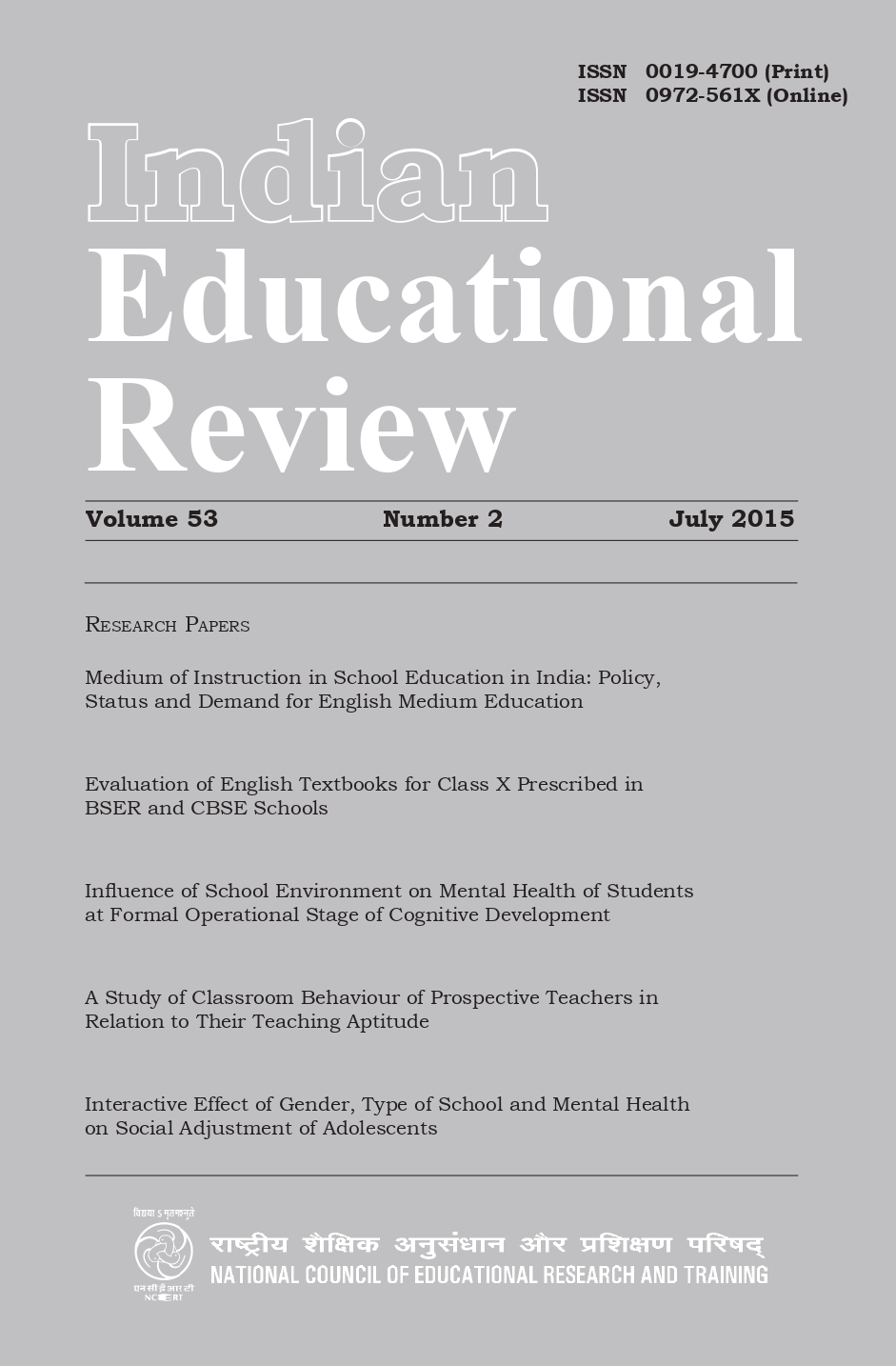A Study of Dyscalculic Primary School Children from Salem District and Evaluation of Applicability of Innovative Strategies as Remedial Measures
Published 2015-07-31
Keywords
- Mathematics,
- Memory Disability
How to Cite
Abstract
Mathematics is a universal language which comprises numbers, measurement, form, probability, and algorithms. It is meaningful and purposeful to all people as quantitative information. The mathematics learning difficulties which affects child’s ability to understand basic number concepts and its application is called “Dyscalculia”. It is another word for math disability, that is, a specific learning disability involving innate difficulty in learning or comprehending arithmetic. It is reported that other learning disorders, such as dyslexia, could go hand in hand with dyscalculia. About 5 – 8 per cent of school-age children experience difficulties that interfere with their acquisition of mathematical concepts or procedures. Lack in understanding of mathematics concepts at an early stage affects students’ interest and confidence in learning new mathematics knowledge. The present study was undertaken with the aim to screen out the dyscalculic primary school children and find out remedial strategies for them.

